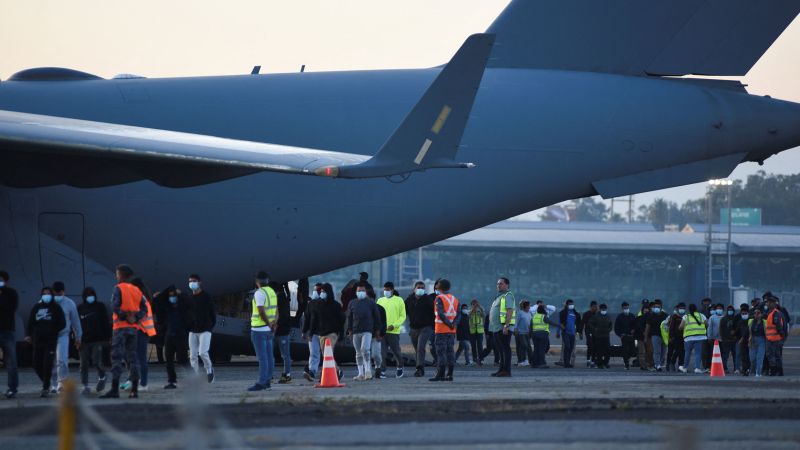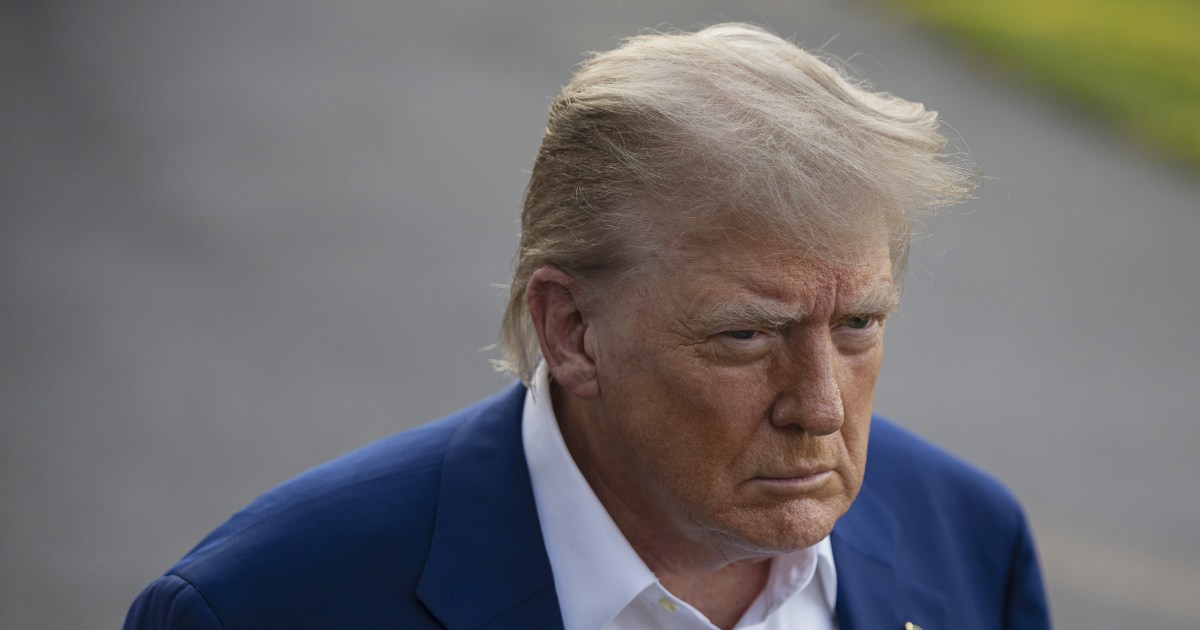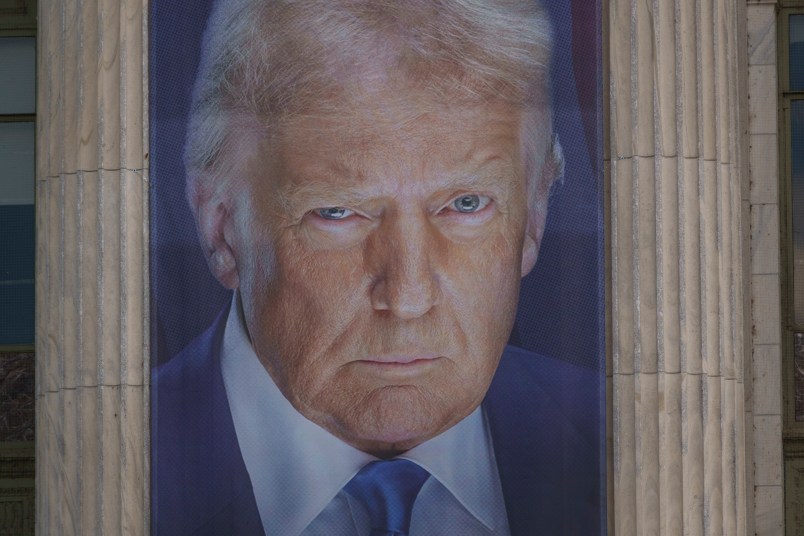The Trump administration has faced various legal setbacks in its efforts to implement sweeping deportations and immigration policies, with some of the judges issuing orders accusing officials of racism and unfavorable comparisons in dramatic opinions.
Judge Trina Thompson, a Biden appointee on the United States District Court for the Northern District of California, offered the latest lengthy opinion, aimed at the morals of Trump administration officials trying to end temporary immigration programs for foreign nationals.
Challenges to revoking TPS bring racism allegations by judges
In a 37-page opinion Thursday blocking the administration from ending Temporary Protected Status for Nepal, Honduras, and Nicaragua, she accused officials of “racial animus” based on their statements about criminal migrants.
“By stereotyping the TPS program and immigrants as invaders that are criminal, and by highlighting the need for migration management, [Homeland] Secretary [Kristi] Noem’s statements perpetuate the discriminatory belief that certain immigrant populations will replace the white population,” Thompson wrote in her opinion.
Thompson wrote in her rejection that she “shares” the “concern” of those suing the Trump administration regarding the president’s ability to end TPS at his discretion. The Biden-appointed judge added that her court “does not forget that this country has bartered with human lives” and included a lengthy footnote discussing the trans-Atlantic slave trade.
“The emancipation of slaves saw the same pattern, but in reverse. Many whites were uncomfortable with the idea of free non-white people in their communities, even if they had lived in the United States for generations,” Thompson wrote in her opinion. “Plaintiffs’ allegations echo these same traditions.”
Thompson also alleges that ending TPS for the three countries and requiring those who had the temporary status to return to their home country is the equivalent of freed slaves being removed from the U.S. and sent to Africa.
Earlier this year, Judge Edward Chen, an Obama appointee on the U.S. District Court for the Northern District of California, blocked the Trump administration from ending TPS for Venezuela and accused the Trump administration of similar claims of racial animus in his 78-page opinion.
“Generalization of criminality to the Venezuelan TPS population as a whole is baseless and smacks of racism predicated on generalized false stereotypes,” Chen wrote in his March order.
The Trump administration’s official reasons for ending the Temporary Protected Status for the countries have been that the reasons outlined for initially granting TPS are no longer applicable, and conditions have improved.
Other decisions bring emotional responses
While many dramatic opinions from federal judges blocking the Trump administration’s policies have come in TPS lawsuits, judges have also made fiery accusations in other issues. A ruling by a federal judge in Washington, D.C., on Friday made another unfavorable comparison about the Trump administration’s policies.
Judge Jia Cobb, a Biden appointee on the U.S. District Court for the District of Columbia, compared the president’s policies blocking the administration from rapidly deporting people who had previously been paroled into the country to the countries that illegal immigrants have fled in her order.
“This case’s underlying question, then, asks whether parolees who escaped oppression will have the chance to plead their case within a system of rules,” Cobb wrote. “Or, alternatively, will they be summarily removed from a country that, as they are swept up at checkpoints and outside courtrooms, often by plainclothes officers without explanation or charges … may look to them more and more like the countries from which they tried to escape?”
Among the various rulings against the Trump administration in district courts, a case regarding the administration’s cancellation of diversity, equity, and inclusion grants at the National Institutes of Health brought another dramatic racial discrimination claim.
“I’ve never seen a record where racial discrimination was so palpable,” U.S. District Judge William Young said in his ruling in June. “I’ve sat on this bench now for 40 years. I’ve never seen government racial discrimination like this.”
While the Trump administration has faced dramatic and blistering opinions at lower district courts, it has racked up several wins on the Supreme Court’s emergency docket on various issues, including terminating TPS.
The Supreme Court’s order allowing the administration to proceed with various policies, including immigration policies, has typically been accompanied by fiery dissents from the liberal minority on the high court.









